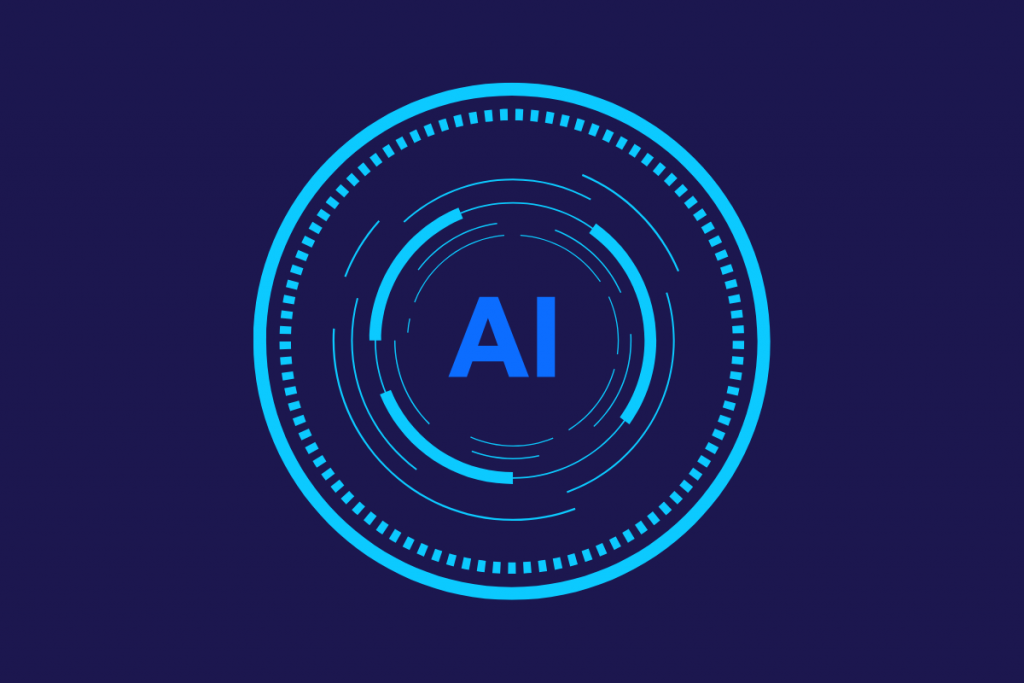Artificial intelligence is quietly revolutionizing how websites rank, create content, and connect with users. Here’s how it’s reshaping SEO behind the scenes.

How AI Is Reshaping the Foundations of SEO
For years, SEO followed a predictable formula: insert the right keywords, build backlinks, and optimize your technical setup. But search engines have evolved — and so have user expectations. Ranking today isn’t about gaming the system; it’s about truly understanding your audience. That’s where AI comes in.
Artificial intelligence is now woven into nearly every aspect of SEO — often quietly, behind the scenes. It powers the tools we use to research keywords, optimize content, identify site issues, and even predict what users are likely to search for next. And because AI can analyze vast amounts of data instantly, it’s enabling smarter, faster decisions for SEO teams.
Smarter Content That Understands Search Intent
One of the biggest impacts AI has made is in how content is created and optimized. Tools powered by natural language processing (like GPT models or Clearscope) can analyze the top-ranking results for any keyword, break down content structure, and detect what users are really looking for.
AI helps answer questions like:
- What does “search intent” look like for this keyword?
- What related topics or subtopics should we include?
- How do we structure content to compete on Page 1?
Instead of stuffing keywords or guessing, content teams now create articles that are genuinely useful — because they’re built with a deep understanding of user needs and search engine preferences.
Behind-the-Scenes Technical SEO Made Easier
Technical SEO is critical, but it’s often tedious. That’s changing thanks to AI-powered site audits and performance tracking tools.
Modern platforms can now:
- Identify broken links and crawl issues
- Optimize page load times
- Flag mobile usability errors
- Monitor Core Web Vitals
Instead of manual checks or complicated spreadsheets, AI alerts you to problems — and in some cases, fixes them automatically.
Personalization and User Experience: The New Ranking Factors
Search engines like Google increasingly reward websites that offer real value and great user experiences. AI plays a key role here too, by helping tailor content and experiences to individual users.
Think:
- Smart content recommendations
- AI-powered chatbots
- Dynamic page layouts based on device or user behavior
These AI-enhanced features reduce bounce rates, increase engagement, and ultimately send strong positive signals to search engines.
What the Future of SEO Looks Like with AI
We’re moving from reactive SEO to proactive strategy. AI can now forecast ranking drops, suggest timely content updates, and highlight new opportunities before your competitors find them.
Rather than trying to outsmart the algorithm, SEO is now about working with intelligent systems to serve users better — and AI is at the heart of that shift.
Final Thoughts: Why AI-Driven SEO Isn’t Optional Anymore
SEO used to be about optimizing for search engines. Now, it’s about optimizing for people — with the help of AI. The businesses that embrace this change will do more than rank higher. They’ll connect better, convert faster, and stay ahead in an increasingly competitive digital landscape.

